Toyota Boosts EV Battery Plant Investment to $14B
An $8 billion capital infusion will expand the company’s campus in North Carolina.
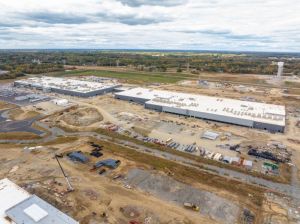
Construction work at Toyota’s 1,825-acre EV battery manufacturing campus in Liberty, N.C. Image courtesy of Toyota
Toyota is accelerating its plans at its North Carolina EV battery manufacturing plant with a new $8 billion investment that will boost the global automaker’s overall investment in the Triad region to nearly $14 billion, add 3,000 jobs for more than 5,000 total jobs and create a 7 million-square-foot campus equal to 121 football fields.
The increased investment solidifies Toyota North Carolina’s position as the company’s epicenter of lithium-ion battery production in North America, according to the Japanese-based automaker.
Located on 1,825 acres near Greensboro, N.C., the plant is expected to be completed in 2025. Known as Toyota Battery Manufacturing North Carolina (TBMNC), the plant will produce batteries for plug-in hybrid electric vehicles and battery electric vehicles using 100 percent renewable energy.
The facility further supports Toyota’s multi-pathway approach to global vehicle electrification as it plans to roll out 30 BEV models by 2030. A pioneer in EVs, Toyota has built more than 24.6 million hybrid, plug-in hybrid, fuel cell and battery electric vehicles. By 2025, the company plans to have an electrified option for every Toyota and Lexus model globally.
READ ALSO: Multistory Warehouses’ Future Is Looking Up
This is the third expansion announced at the megasite in Liberty, N.C., since Toyota first unveiled a $1.3 billion investment in 2021 that would create 1,750 jobs. In August 2022, Toyota said it would add another $2.5 billion investment and generate 350 more jobs. Another $2.1 billion investment at the plant was announced in May.
The investment announced Tuesday adds eight battery production lines for a total of 10 BEV/PHEV battery lines. The plant will also have four battery lines for hybrid electric vehicles (HEVs). Production will be phased in with line launches planned through 2030 to reach a total production of more than 30GWh annually.
NC industrial sector growing
North Carolina has seen significant investments made by the EV industry in the last three years, according to the Economic Development Partnership of North Carolina. Totaling about $11 billion, other developments include a $4 billion investment from VinFast, a Vietnam-based EV manufacturer that chose Chatham County for its first North American auto assembly and battery manufacturing plant in July 2022 and Epsilon Advanced Materials of India that will build a $650 million graphite anode manufacturing facility in Brunswick County.
“Toyota’s decision to not only build its first North American battery plant in North Carolina, but to continue to invest in the state, validates North Carolina as a hub for electric vehicle innovation,” Christopher Chung, CEO of the Economic Development Partnership of North Carolina, told Commercial Property Executive. “Investments such as Toyota’s also attract companies in the automotive and EV supply chain. In fact, North Carolina is home to 20 of the top 100 Original Equipment Manufacturer suppliers, and global silicon carbide manufacturer Wolfspeed is investing $5 billion in its new semiconductor manufacturing plant in the state. Add in North Carolina’s highly educated workforce and workforce development programs that can meet companies’ needs, the state’s EV industry will continue to grow.”
NAI Piedmont Triad, a Greensboro-based brokerage firm, said in its Triad North Carolina third-quarter industrial market report that industrial space in Greensboro is now leasing at the fastest pace on record as users seek out “relatively affordable, and limited, space along the region’s coveted transportation corridors.” NAI Piedmont Triad points to a combination of post-pandemic trends, business-friendly environment and legislative packages such as the Inflation Reduction Act for fueling the region’s industrial space surge over the past three years. The firm noted demand outweighed supply in the third quarter for the fourth consecutive quarter and time properties remained on the market had declined for three consecutive quarters.
NAI Piedmont Triad said in the report the wave of demand has led to a “flurry of speculative industrial construction as developers look to capitalize on users’ rising interest in the market.” In the third quarter there were 3.9 million square feet of industrial space under construction and 1.4 million square feet of industrial space that had been completed.
The report states industrial activity will likely continue moving further into the region’s more rural areas, like Randolph County where the Toyota site is located, as availability of larger sites and existing stock grow scarcer in Greensboro. Winston-Salem, N.C., and High Point, N.C., also part of the Piedmont Triad, will also likely continue to experience similar activity as Greensboro’s market tightens.

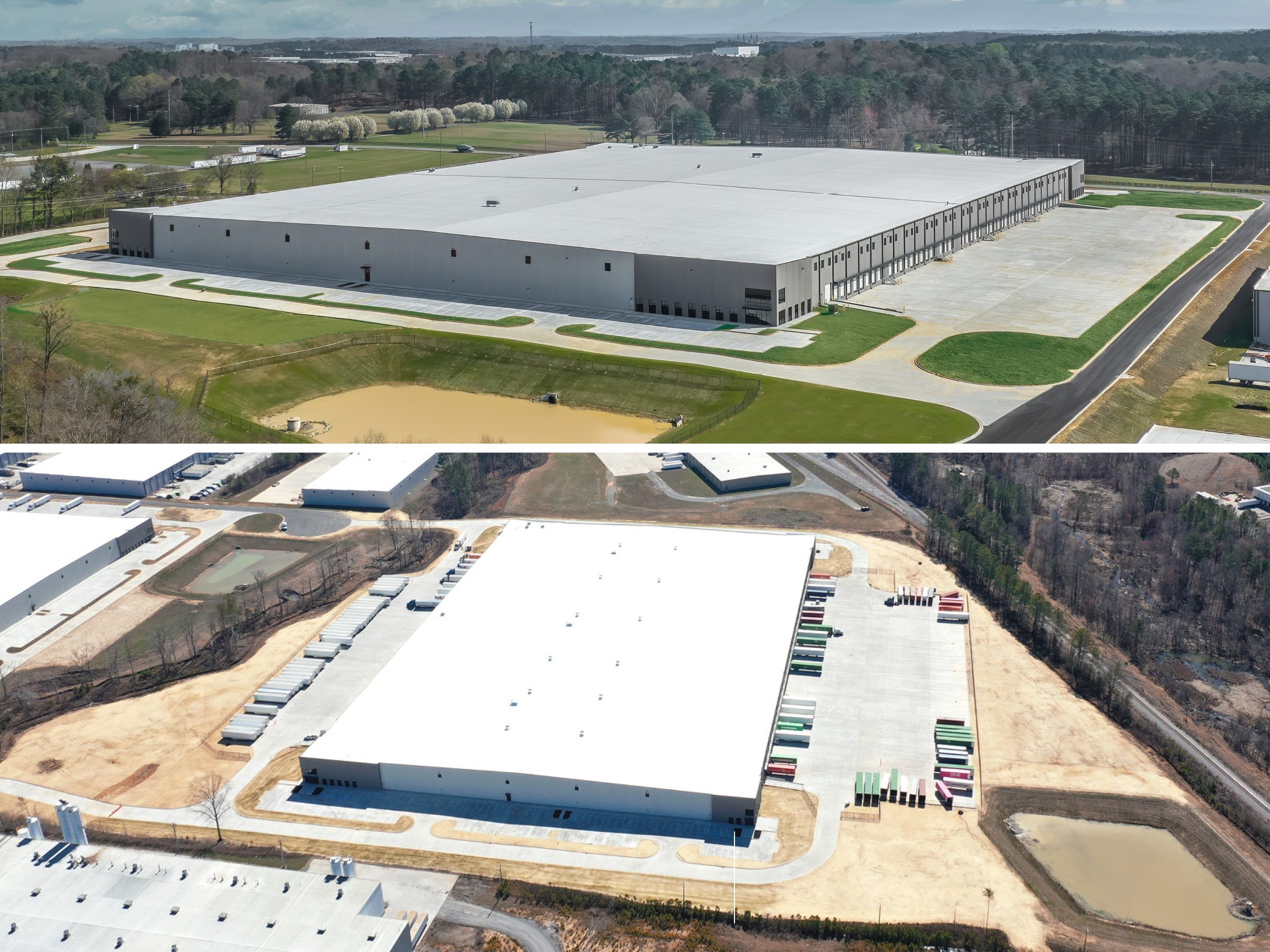
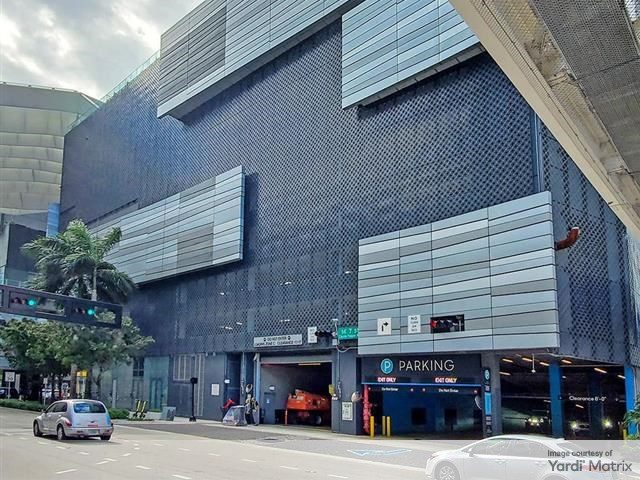
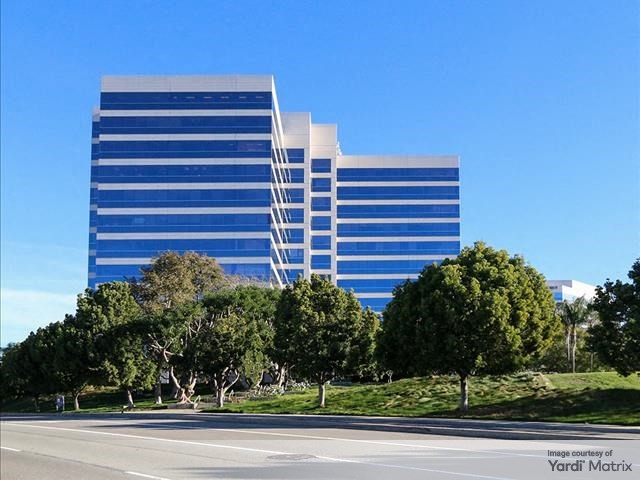
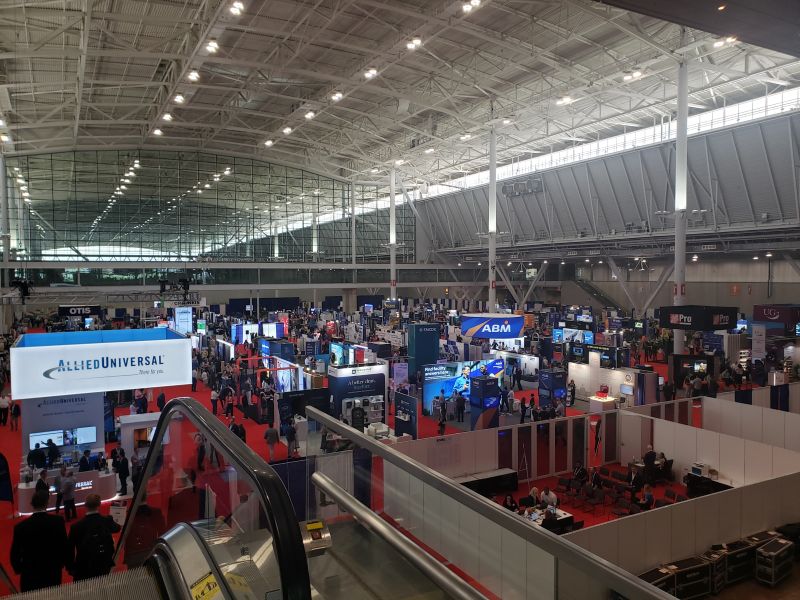
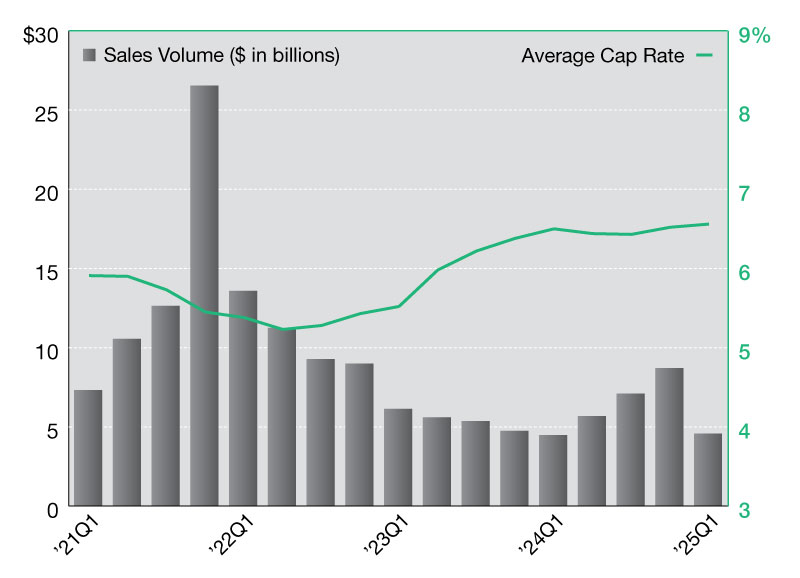
You must be logged in to post a comment.